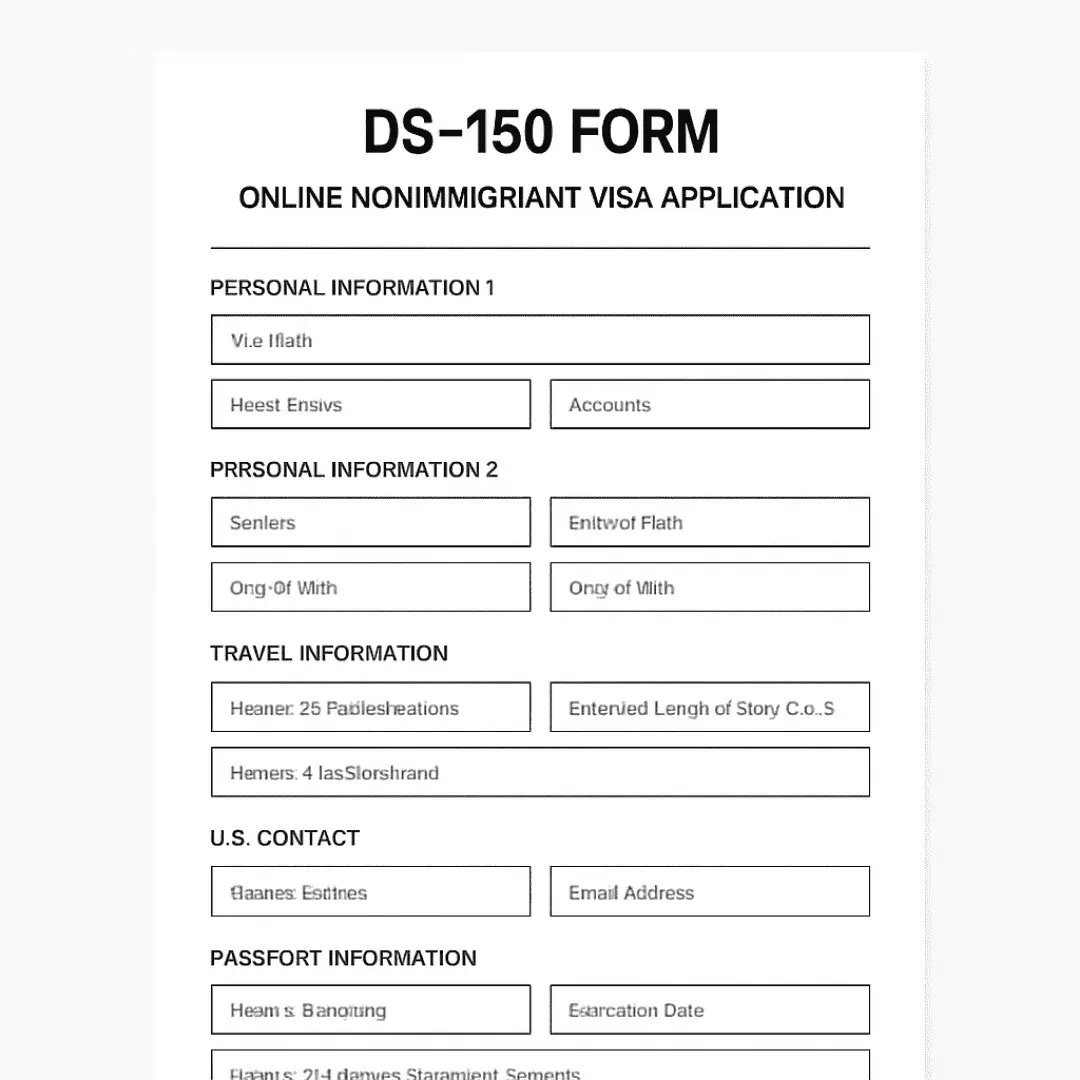Helping universities achieve their international recruitment goals. However, evaluating their performance effectively is vital to ensure a strong return on investment (ROI) and alignment with institutional objectives. Key performance metrics offer a systematic way to assess their impact and refine collaboration strategies. Platforms like University Hub empower universities to evaluate consultant success and optimize their global student recruitment efforts.
Why Evaluate Consultant Success?
Evaluating consultant performance ensures universities can:
- Identify areas of improvement in recruitment strategies.
- Maximize ROI for universities by focusing on high-performing consultants.
- Align recruitment efforts with long-term institutional goals.
- Build a data-driven approach to decision-making.
Universities can achieve measurable outcomes through consultant impact analysis, fostering sustainable growth in international student recruitment.
Key Metrics to Evaluate Study Abroad Consultant Performance
1. Application-to-Enrollment Conversion Rate
One of the most critical metrics is the percentage of students who complete the application process and successfully enroll. This metric highlights the consultant’s effectiveness in attracting quality applicants and ensuring they follow through.
- Why It Matters: High conversion rates indicate efficient communication, vigorous candidate screening, and practical support.
- How University Hub Helps: By tracking applications and enrollments, University Hub provides insights into consultant performance, helping universities focus on high-value partnerships.
2. Diversity of Student Demographics
Diversity plays a significant role in enriching campus life and enhancing global appeal. Assessing the diversity of students recruited by a consultant can reveal their reach and effectiveness in targeting various markets.
- Why It Matters: Greater diversity reflects the consultant’sconsultant’s ability to connect with different regions and demographics.
- How University Hub Helps: The platform connects universities with consultants specializing in specific areas, ensuring a diverse applicant pool.
3. Volume of Applications
The number of applications a consultant generates indicates their overall outreach and market penetration. However, balancing quantity with quality is essential to ensure applicants meet institutional standards.
- Why It Matters: A healthy application volume demonstrates the consultant’s ability to attract interest in the university.
- How University Hub Helps: University Hub provides real-time data on application numbers, helping universities monitor consultant activity.
4. Retention Rates of Recruited Students
Retention is a key indicator of how well students are matched to the university. Low retention rates indicate a mismatch between student expectations and the institution’sinstitution’s offerings.
- Why It Matters: High retention rates signify the consultant’s ability to recruit well-suited students to the university.
- How University Hub Helps: The platform provides analytics to track student outcomes, enabling universities to refine recruitment strategies.
5. Consultant ROI
Evaluating the financial return on investment for each consultant helps universities determine the cost-effectiveness of their partnerships.
- Why It Matters: Understanding ROI ensures resources are allocated to the most effective partnerships.
- How University Hub Helps: University Hub offers tools for performance metrics for consultants, enabling universities to calculate ROI accurately.
Additional Metrics for Consultant Impact Analysis
1. Time-to-Enrollment
The time it takes for a consultant to move students from inquiry to enrollment can reveal their efficiency.
2. Market Penetration
The number of new regions or markets a consultant helps a university enter is a key indicator of their ability to expand the institution’s reach.
3. Quality of Applicants
Evaluating the academic qualifications and program fit of recruited students ensures consultants align with institutional goals.
4. Feedback from Students
Gathering feedback from students about their experience with the consultant provides valuable insights into the effectiveness of their guidance.
5. Repeat Engagements
If a consultant refers students and recommends the university to others, it reflects positively on the consultant’s impact.
How University Hub Enhances Consultant Evaluation
University Hub offers tools and features to support universities in evaluating study abroad agency performance. The platform centralizes data and provides actionable insights, ensuring institutions can make informed decisions.
Features That Enhance Evaluation:
- Centralized Performance Tracking: Monitor application volumes, conversion rates, and ROI from a single platform.
- Real-Time Data: Access up-to-date metrics to assess consultant effectiveness.
- Customizable Reports: Generate reports tailored to institutional priorities, such as retention rates or market diversity.
- Collaborative Tools: Streamline communication between universities and consultants to address performance gaps.
Why Metrics Matter in Long-Term Partnerships
Focusing on key metrics builds trust and transparency in consultant partnerships. By regularly evaluating performance, universities can ensure alignment with institutional goals and adapt strategies.
Benefits of Metric-Driven Evaluation:
- Strengthens strategic partnerships by fostering accountability.
- Identifies high-performing consultants for long-term collaborations.
- Enhances recruitment strategies by focusing on data-driven insights.
- Improves student outcomes through targeted recruitment efforts.
Why Choose University Hub for Consultant Performance Analysis?
University Hub simplifies evaluating consultant success, offering universities the tools to make informed decisions. Its centralized platform, real-time analytics, and comprehensive reporting ensure institutions can effectively measure consultant impact and optimize recruitment strategies.
By focusing on performance metrics for consultants, University Hub enables universities to build sustainable partnerships and achieve measurable results in global student recruitment.
People Also Ask (PAA) :
1. What are the key metrics to evaluate study abroad consultant performance?
Key metrics include application-to-enrollment conversion rates, diversity of student demographics, retention rates, ROI, and time-to-enrollment.
2. Why is ROI necessary for evaluating consultants?
ROI helps universities determine the cost-effectiveness of their partnerships and allocate resources to the most impactful consultants.
3. How does University Hub support consultant evaluation?
University Hub offers centralized tracking, real-time analytics, and customizable reports to help universities assess consultant performance and refine their strategies.
4. Why is student retention a critical metric?
High retention rates indicate that students recruited by consultants are well-matched to the university, reflecting positively on the consultant’s performance.
5. How can universities improve their consultant partnerships?
Universities can improve partnerships by setting clear goals, using data-driven tools like the University Hub, and regularly reviewing performance metrics to refine strategies.
Conclusion
Evaluating the performance of study abroad consultants is crucial for universities aiming to achieve sustainable growth in international student recruitment. Institutions can ensure their partnerships deliver measurable ROI and retention results.
Platforms like University Hub provide the tools and insights needed to evaluate consultant success effectively. By leveraging these resources, universities can build stronger, more impactful partnerships, driving long-term success in the global education market.




